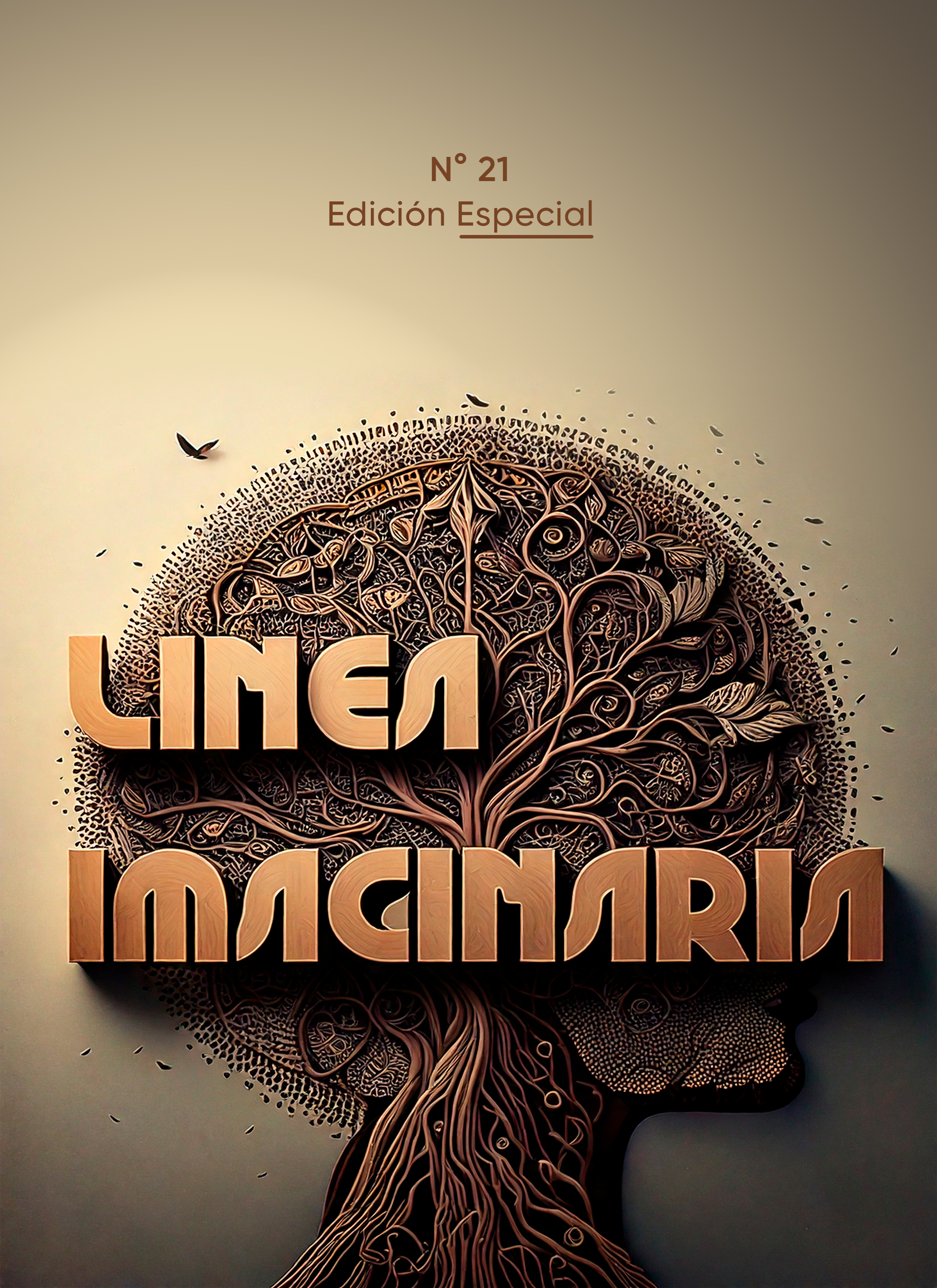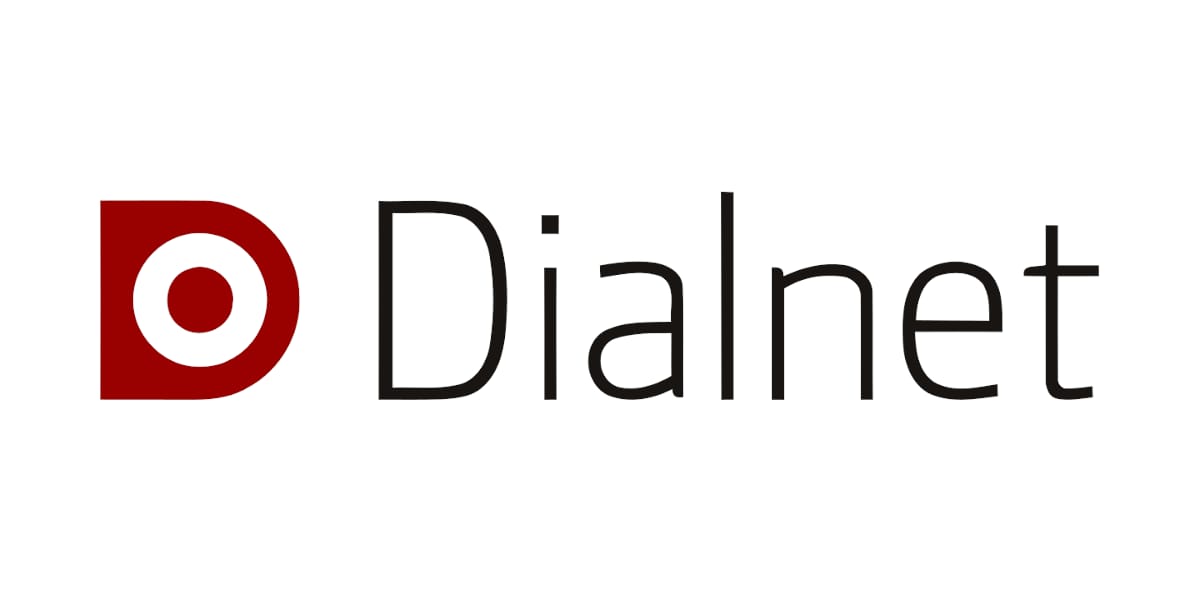EDUCACIÓN, CULTURA, CONOCIMIENTO; UN CAMINO DE INNOVACION Y CULTURA TÁCITA
Keywords:
Culture, education, knowledge, tacit cultureAbstract
The human person is a changing being that is in continuous transformation; seen from the sociocultural field, as a unique and unrepeatable being, there are differences between one being and another, even if they are in the same social context, the research has as a starting point a reflection on education, culture, knowledge, in perspective of innovation; this has generated themes of inclusion, community, social environment, under parameters with the ethnomethodological method.
In the pedagogical practice of the classroom, situations are presented framed in social environments that differ in geographical spaces due to the cultural daily life of an empirical social reality; due to the pluricultural phase that enriches individual, collective, group characteristics, of various ages in a social context where multiculturalism is shared; groups meet for the practice of study, sports, cultural activities, family and religious parties; Unexpected integrations through chance encounters (football practice, pool games, parlor games, social gatherings, dancing, organizing barbecues, among others) as multicultural expressions of the human being in the social collective.
The research work is a complement to the starting point of a reflection on education, culture, knowledge; this has generated themes of inclusion, community, social environment, under parameters with the ethnomethodological method in prospective innovation and tacit culture; carried out with contributions from education professionals, teachers belonging to the staff of the General Santander Educational Institution of Villa del Rosario. with more than 10 years of experience in the educational community and border area.
“Interest, age and knowledge are paths that project life perspectives” (PAJE)
Downloads
References
Jaimes Pablo. Fundamentos teóricos para una política de educación contextualizada desde la concepción de la comunidad educativa sobre cultura virtual TICS en zona de frontera. Dialéctica Revista de investigación educativa 2019-2, 2019.
Ministerio de Educación Nacional MEN Ley General de Educación. https://www.mineducacion.gov.co/1621/articles-85906_archivo_pdf.pdf
https://portal.amelica.org/ameli/journal/88/88837017/html/
https://www.funcionpublica.gov.co/eva/gestornormativo/norma_pdf.php?i=188289
https://dle.rae.es/t%C3%A1cito#YvLgeeV
Ministerio de cultura. Ley 397 de 1997 Dicta normas sobre patrimonio cultural, fomentos y estímulos a la cultura, se crea el Ministerio de la Cultura y se trasladan algunas dependencias.
https://www.funcionpublica.gov.co/eva/gestornormativo/norma_pdf.php?i=337
LEY 1620 DE 2013 por la cual se crea el Sistema Nacional de Convivencia Escolar y Formación para el Ejercicio de los Derechos Humanos, la Educación para la Sexualidad y la Prevención y Mitigación de la Violencia Escolar.
Ley 115 de 1994. Ley General de Educación, establece las normas para la prestación de la educación en Colombia. Esta ley define la educación formal, no formal e informal, y establece que la educación es un proceso de formación permanente
Decreto 1075 de 2015 Único reglamentario del Sector Educación a partir de la fecha de su expedición
Decreto 1421 de 2017 Por el cual se reglamenta en el marco de la educación inclusiva la atención educativa a la población con discapacidad.
Constitución política de Colombia de 1991
Ley del deporte. Ley 181 de 1995. Por el cual se dictan disposiciones para el fomento del deporte, la recreación, el aprovechamiento del tiempo libre y la Educación Física y se crea el Sistema Nacional del Deporte.
Ley 99 de 1993 es la Ley General Ambiental, la cual regula el uso del territorio y los recursos naturales renovables.
Decreto 1290 de 2009, el gobierno nacional otorga la facultad a los Establecimientos Educativos para definir el Sistema Institucional de Evaluación de los Estudiantes -SIEE-, siendo esta una tarea que exige estudio, reflexión, análisis, negociaciones y acuerdos entre toda la comunidad educativa.
DECRETO 1421 DE 2017. Por el cual se reglamenta en el marco de la educación inclusiva la atención educativa a la población con discapacidad
Ley 2216 de 2022 “Por medio de la cual se promueve la educación inclusiva y el desarrollo integral de niñas, niños, adolescentes y jóvenes con trastornos específicos de aprendizaje”, que tiene por objeto promover la educación inclusiva ...
https://www.mineducacion.gov.co/portal/normativa/Decretos/381928:Decreto-1421-de-agosto-29-de-2017
Ley 2216 de 2022 “Por medio de la cual se promueve la educación inclusiva y el desarrollo integral de niñas, niños, adolescentes y jóvenes con trastornos específicos de aprendizaje”, que tiene por objeto promover la educación inclusiva ...
https://www.funcionpublica.gov.co/eva/gestornormativo/norma.php?i=77913
https://www.mineducacion.gov.co/1621/articles-85919_archivo_pdf.pdf
https://www.funcionpublica.gov.co/eva/gestornormativo/norma_pdf.php?i=297
https://www.mineducacion.gov.co/1621/articles-187765_archivo_pdf_decreto_1290.pdf
https://www.mineducacion.gov.co/portal/normativa/Decretos/381928:Decreto-1421-de-agosto-29-de-2017
https://www.funcionpublica.gov.co/eva/gestornormativo/norma.php?i=188289
https://www.suin-juriscol.gov.co/viewDocument.asp?ruta=Leyes/1685356
https://www.academia.edu/5224535/Gardner_Howard_Teoria_De_Las_Inteligencias_Multiples
Downloads
Published
How to Cite
Issue
Section
License
Copyright (c) 2025 LÍNEA IMAGINARIA

This work is licensed under a Creative Commons Attribution-NonCommercial-ShareAlike 4.0 International License.
La revista Línea Imaginaria conserva los derechos patrimoniales (copyright) de las obras publicadas, que favorece y permite la reutilización de los mismos bajo la licencia Creative Commons Atribución-NoComercial-CompartirIgual 4.0 , por lo cual se pueden copiar, usar, difundir, transmitir y exponer públicamente, siempre que se cite la autoría y fuente original de su publicación (revista, editorial, URL y DOI de la obra), no se usen para fines comerciales u onerosos y se mencione la existencia y especificaciones de esta licencia de uso. Si remezcla, transforma o crea a partir del material, debe distribuir su contribución bajo la misma licencia del original.














